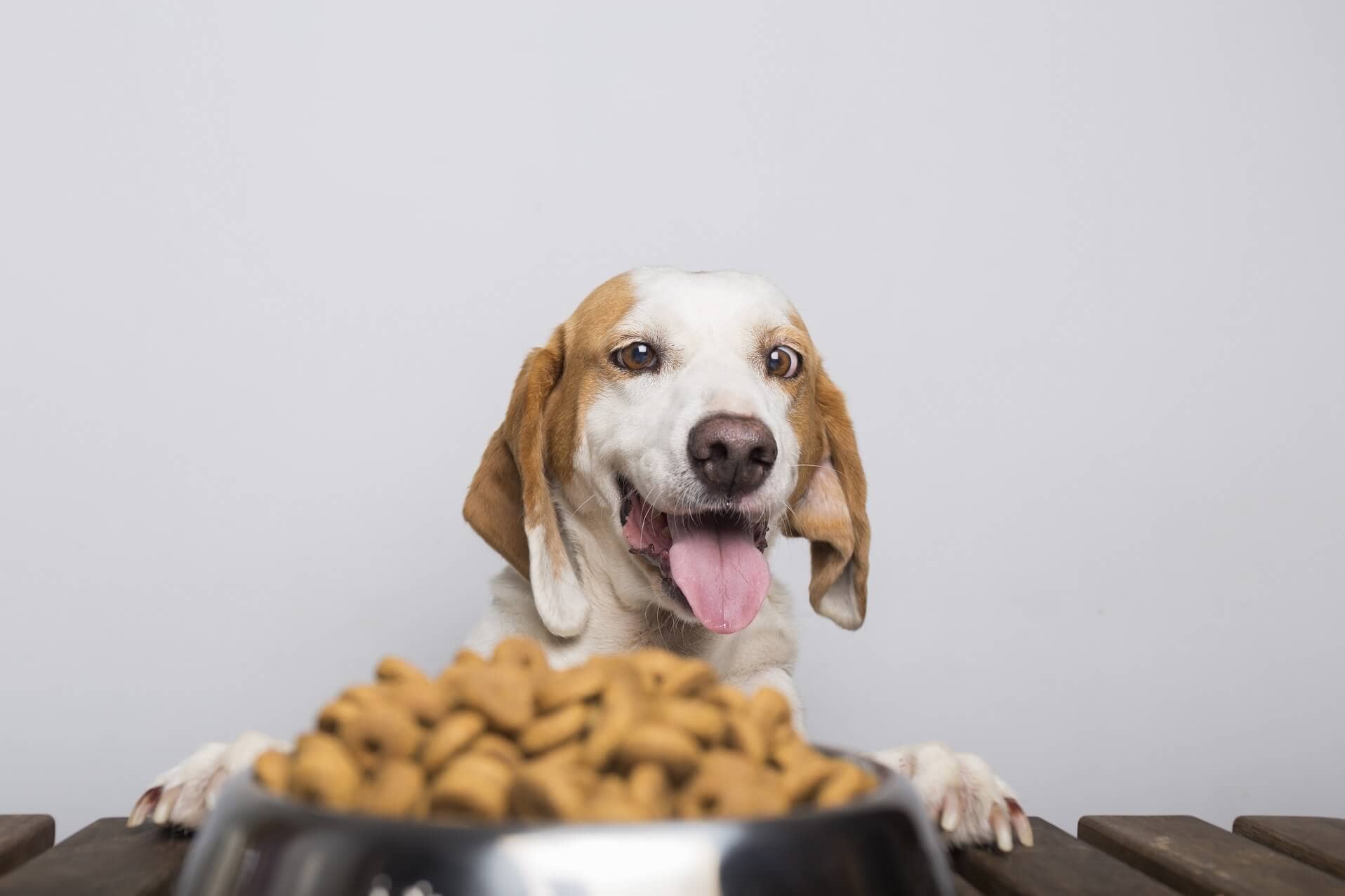Canine nutrition is a tricky business and is often misunderstood and mishandled by dog owners. Many owners tend either to overfeed their dogs or to provide them with a diet that is nutritionally insufficient for their needs.
At Eastwind kennels, we sometimes host obese dogs, which can barely get around. Surprisingly, their owners are always concerned if their dog will be getting enough to eat during their boarding when dropping them off. This always gets us concerned when it comes to the dog’s health.
Dogs need a small amount of a well-balanced diet to survive and lead a healthy life. Dog-food manufacturers base their products on studies of canine dietary needs. You will probably find that the recommended feeding quantities are far less than what you thought your dog needed. Keep in mind, however, that different breeds have different needs. A working dog that spends his day hunting with his owner, for example, may do an average of 100 Km per day and so will need a substantially different diet than an indoor dog that has minimal daily activity.
Dietary needs are more about the quality of the food not the quantity. Which is why you need to consider the following when deciding what and how much to feed your dog:
Dogs Need a Diet Based on Their Activity Level
Dogs are active animals by nature; their metabolism is designed to function best with exercise. The extra food that they consume which is not burned through activity will end up stored as fat.
Feeding your dog without giving him proper exercise puts him at a great risk of digestive, respiratory and heart problems. Obese dogs also tend to have joint degeneration, especially as they get older, as their bodies are not designed to carry the extra weight.
Dogs have different nutritional requirements at every life stage. A puppy’s nutritional requirements are different from an adult dog’s needs. Over feeding a puppy is not a good idea as it will lead to an obese adult but it is slightly less worrisome than over feeding an adult, as a puppy is more active and is at less risk for health problems than an adult dog.
Dogs Should Not be Fed Table Scraps
If you feed your dogs cooked food, keep in mind that a dog’s needs are different from your own. They may enjoy the taste of your food but much of it cannot be digested by their systems. This is especially true of spicy, fat-rich foods and sweets. Milk can also pose a problem to adult dogs, who after growing out of the puppy stage lose the ability to digest it.
Dogs Should Not be Fed Only Meat or Chicken
Although dogs are carnivorous, feeding your dog only meat is a big mistake. Meat is low in calcium and fiber. Your dog’s diet should contain cereal, green vegetables and vegetable oil in addition to animal protein.
We have a client who gives his dog a vegetarian diet but ensures he is getting enough protein from sources such as soy beans and lupine. After closely monitoring the dog’s endurance and energy levels during the various exercise-sessions at the kennel, we had to admit the dog was in perfect health. However, a vegetarian diet is still not recommended because it is a very complex task to adjust the quantities of protein substitutes and add the proper flavour- enhancers necessary to keep a dog happy and healthy on such a diet.
Balance is the key to keeping your dog healthy. A balanced variety of foods should be matched to your dog’s activity level. We dog owners tend to be over generous with our dogs when it comes to food which results in harming their long-term health. Our dogs would be much better off if we kept the gravy-train on a tight leash!



